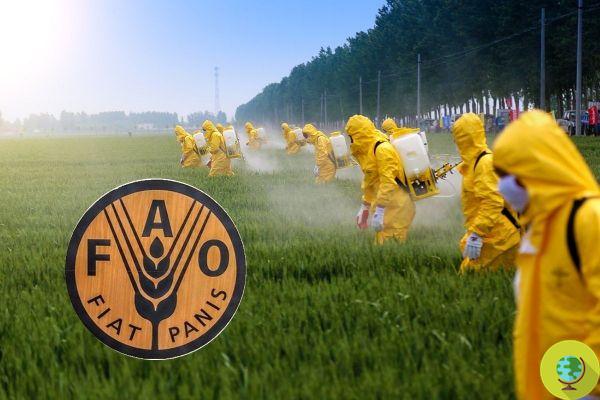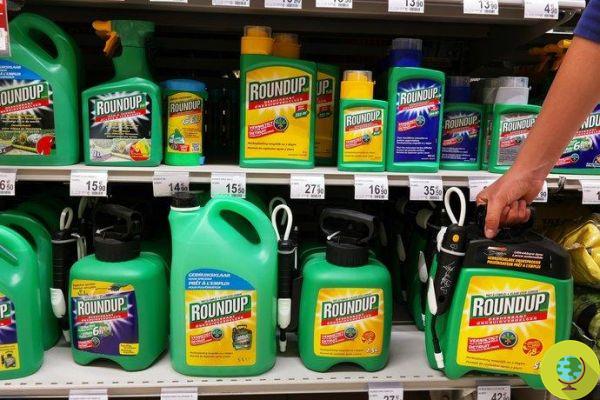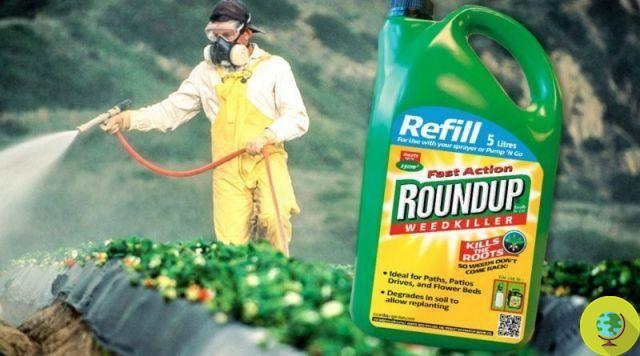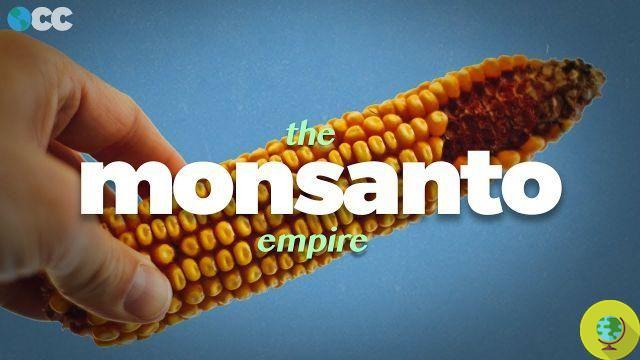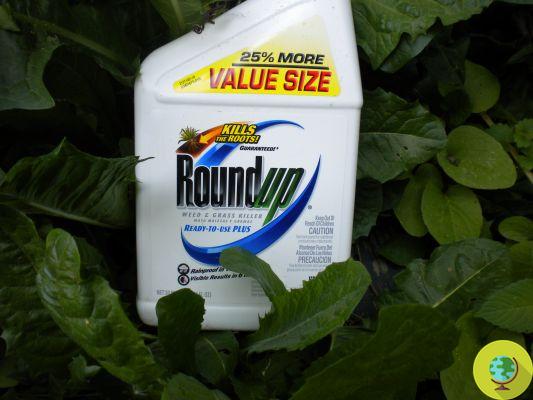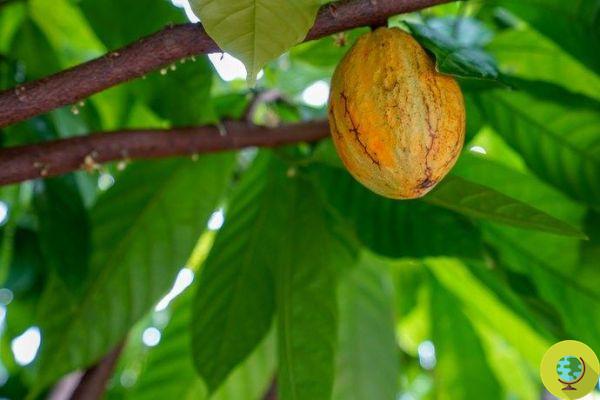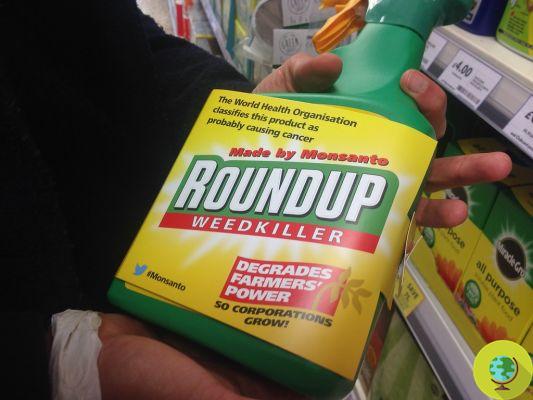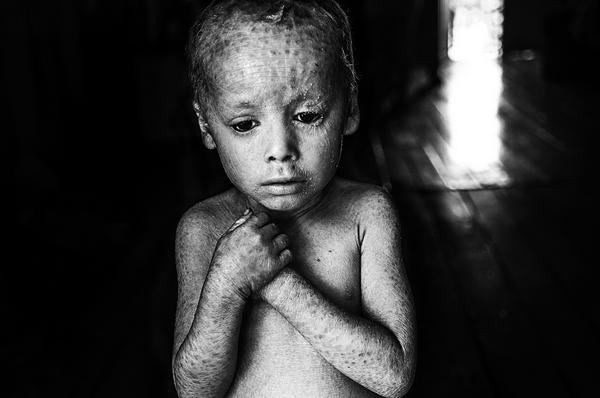
Pesticides of discord: the United States protest against the European Union that wants to limit the use of sulfoxaflor, the controversial pesticide considered dangerous for pollinating insects
He is about to end up run over, his mother saves himThe debate on the thorny question of pesticides, which returns to divide Europe and the United States. The decision of the EU Commission to limit the use of sulfoxaflor, notorious substance considered highly toxic to api, did not please the US. The reason? Simple. The controversial pesticide is still widely used on American territory and this limitation imposed by the European institutions could have repercussions in the sector of imports involving contaminated products.
A few weeks ago the European Commission announced that it wanted to ban sulfoxaflor, produced by the multinational Corteva, in the fields and in all outdoor areas, thus limiting its use only indoors. A decision taken to protect pollinating insects, such as bees and bumblebees, which are precious for safeguarding biodiversity.
Our commitments under the Farm to Fork strategy and the Biodiversity Strategy are clear: harmful chemical pesticides will be banned or their use will be limited - said EU food safety commissioner Stella Kyriakides - The scientific conclusions EFSA show that external use of sulfoxaflor can be harmful to bumblebees and solitary bees. Action must now be taken to limit its use only indoors.
Although the Standing Committee on Plants, Animals, Food and Feed was unable to reach the qualified majority needed to approve the proposal, the European Commission has announced that it will go ahead with adopting the regulation that will restrict its use in the coming weeks. of the sulfoxaflor.
The US fears that it will no longer be able to export the products on which sulfoxaflor is used
The United States reacted to this decision by sending a letter of denunciation, in which they explain their concerns related to the consequences on exports, to the World Trade Organization (WTO), which is called upon to approve the restriction. However, as reported by the pan-European EURACTIV network, a Commission official specified that the proposal does not provide for a change in the applicable maximum residue levels (MRLs), i.e. traces of pesticides that can be tolerated because they do not pose a health hazard. Human.
"Therefore, it will not immediately affect trade in agricultural products," explained the official, adding that it is possible for Member States to grant transition periods for placing on the market and using existing stocks of plant protection products containing sulfoxaflor to external uses.
According to Martin Dermine, head of environmental and health policy at Pesticide Action Network Europe, the decision to limit the use of sufoxaflor could create a precedent and lead to new limitations even for a pesticide that belongs to the same category: the flupiradifurone, on which EFSA has already expressed itself, warning that it could prove harmful to wild bees.
Follow your Telegram | Instagram | Facebook | TikTok | Youtube
Sources: EU Commission / Euractiv
Read also:
- Even the new generation pesticides considered "safe" are dangerous for bees: a study confirmed
- Bee killer insecticides: France changes its mind and authorizes the use of neonicotinoids
- Pesticides are increasingly toxic and are killing bees, we need to save them NOW
- Bee killer insecticides: France changes its mind and authorizes the use of neonicotinoids






